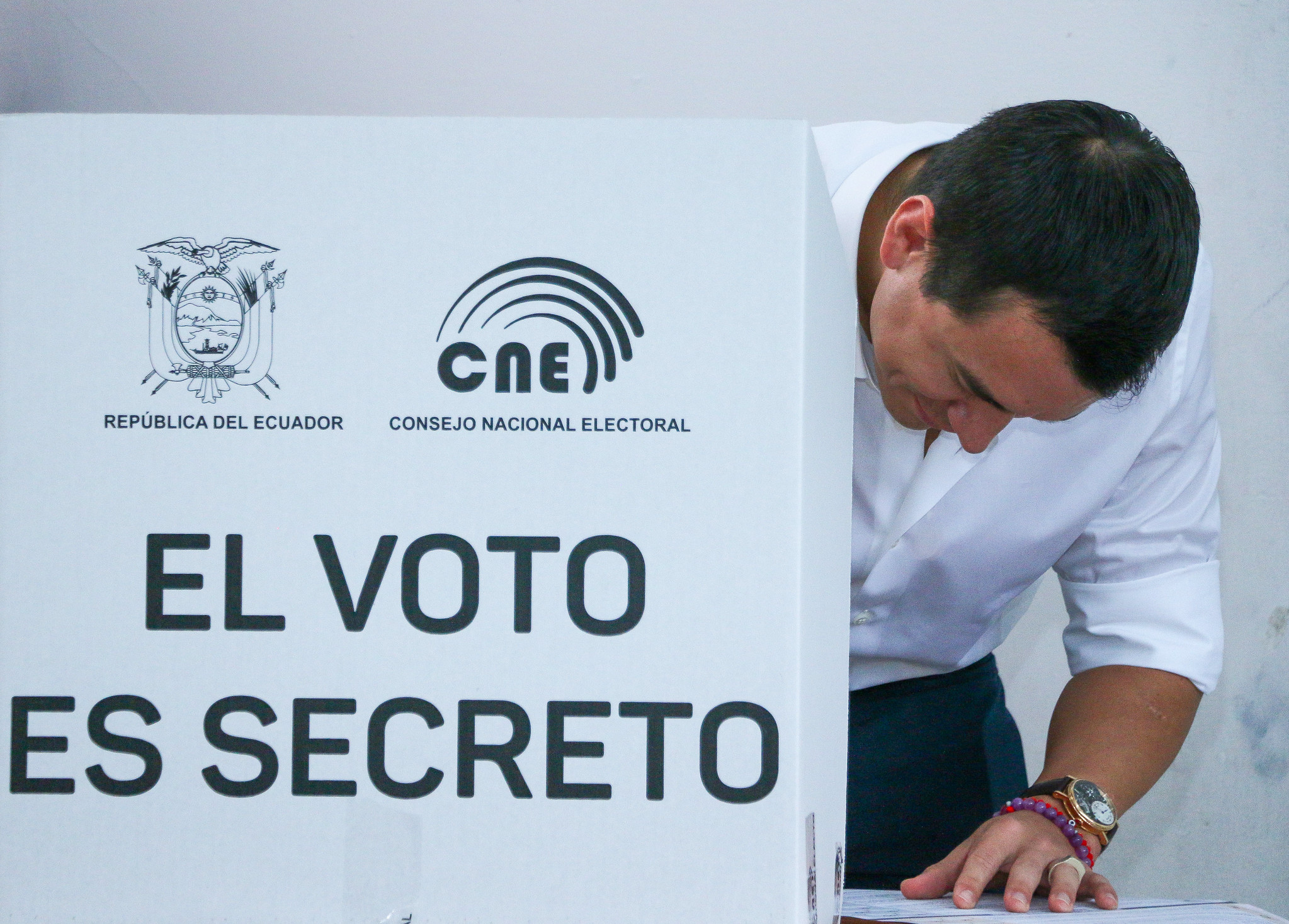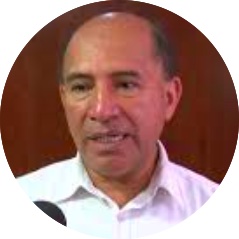
Published 04/24/2024 17:36 | Edited 04/24/2024 18:55
After the referendum held last Sunday (21) in Ecuador, the results showed that the population supports reforms in security issues and disagrees with labor setbacks. Although President Daniel Noboa celebrated the approval of nine of the eleven issues (all linked to security issues), the opposition argues that these measures could be approved by Parliament and that the real objective of the referendum was to weaken labor rights and favor corporate interests. .
That’s what I told the Red Portal, Edgar Sarango Correa, president of the Confederation of Workers of Ecuador (CTE). He highlights the issue of working hours as one of the central points of the popular consultation.
Measures related to labor legislation and international arbitration were rejected by the majority. With a percentage of 65.5% against, Ecuadorians decided not to recognize international arbitration as a method to resolve disputes in investments, contracts or commercial issues; the proposal to allow fixed-term and hourly employment contracts was rejected by 69.6% of voters.
Read also: Harsh measures threaten the rule of law in Ecuador

“We always stated that the government was only interested in the issue of hourly work and this was obviously not approved,” said Sarango Correa. He emphasized that, in the CTE’s view, the other items in the consultation were just “filling”, as they could already be implemented through decrees or other existing regulations.
Reflecting the official position of his organization, Sarango Correa highlighted that this application would have a regressive nature on the historical achievements achieved by workers, in the 80 years of CTE’s struggle.
“It’s a fight that goes beyond the economic sphere; it is also a political fight”, stated Sarango Correa, highlighting the importance of defending the rights of all workers, regardless of the specific conditions of each job.
In Ecuador, there are currently around three million people in formal employment and more than six million unemployed or underemployed, according to official data.
Secondary questions
Among the measures approved are the extradition of Ecuadorians, the increase in penalties for crimes such as terrorism, murder and drug trafficking, in addition to the recognition of the Armed Forces as auxiliary forces in the fight against drug trafficking. These proposals emerged in response to the wave of violence that devastated the country at the beginning of this year.
For the opposition, led by the Citizen Revolution party, the rejected measures represented an attempt to weaken labor rights and favor corporate interests to the detriment of the Ecuadorian people. Luisa González, candidate who obtained 48% of the votes in the presidential election, highlighted that the real victory was for the people, who rejected the precariousness of work and the benefits to multinationals.
Former president Rafael Correa, a prominent figure in the Citizen Revolution, also criticized the proposals, arguing that the Armed Forces already work together with the police to combat crime and that security issues were secondary. In his opinion, Noboa tried to “smuggle” labor issues into the midst of criminal issues.
According to experts, the population understood the risks of international arbitration, perceiving it as a tool for transnational corporations to sue governments, and not the other way around. The Ecuadorian Constitution already offers guarantees to workers, but approval in the referendum would make these constitutional guarantees more flexible, harming acquired rights.
Although the approved measures aim to strengthen security and combat crime, critics argue that they could lead to greater militarization of society and an increase in United States control over the country’s domestic politics, without addressing fundamental issues related to combat. to drug trafficking.
With the results of the referendum, Ecuador now faces a period of reflection and debate about the country’s direction, while the government and opposition continue to negotiate the next legislative steps.
Source: vermelho.org.br

